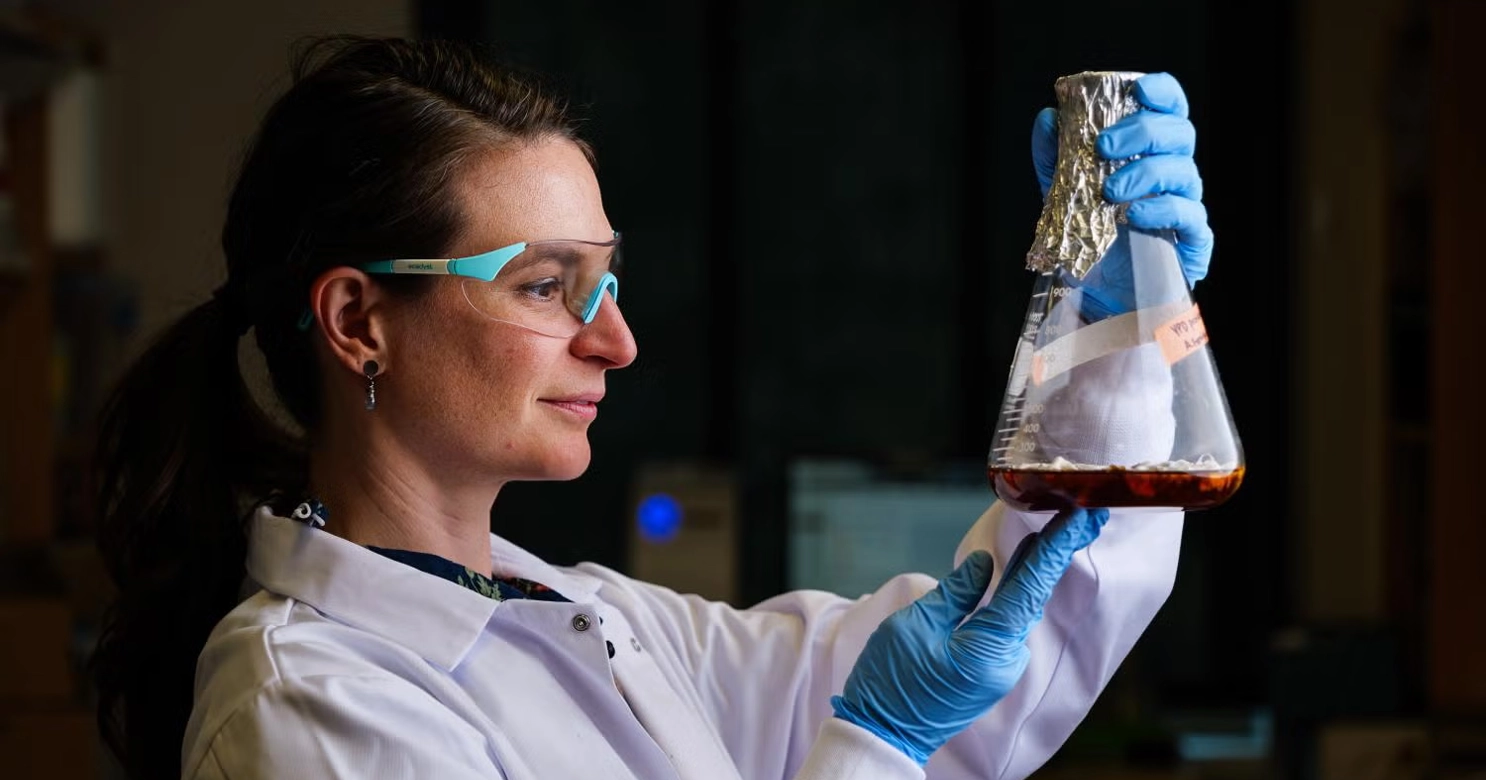Far-UVC light (222 nm) efficiently inactivates clinically significant antibiotic-resistant bacteria on diverse material surfaces

In recent years, there has been a gradual increase in the prevalence of drug-resistant bacteria, primarily attributed to the widespread use of antibiotics. This has resulted in heightened mortality rates, morbidity, and exorbitant healthcare costs associated with antibiotic-resistant bacterial infections. In order to mitigate the spread of antibiotic-resistant bacteria, environmental disinfection plays a crucial role. Ultraviolet radiation C (UVC) light disinfection has emerged as a potent technique to limit the transmission of nosocomial pathogens and prevent healthcare-associated infections. This study confirms the sterilized efficiency of 222 nm UVC irradiation against antibiotic-resistant bacteria. Compared to alcohol wipes, 222 nm UVC is a more effective and less restrictive method of disinfection.


